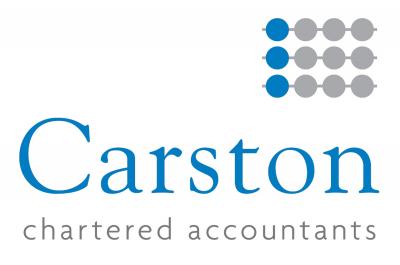Less than six months after the Autumn Statement, Chancellor Jeremy Hunt took to the House of Commons to deliver his first Spring Budget in office.
Against the backdrop of a tumultuous economy and the avoidance of a “technical recession”, the Chancellor set out his plans to get the UK back on track.
Having already ruled out any major tax cuts for (at least) the first half of 2023, these new measures are part of the Government’s ambitions to promote economic growth.
So, what were the latest Spring Budget announcements? This article will outline the most important ones.
Pension allowance
Somewhat surprisingly, the Chancellor declared that the Government is scrapping the lifetime allowance for pension contributions.
There have been calls for the lifetime allowance to increase from its £1 million limit, but rather than doing so, Hunt removed the cap completely.
Not only that, but the pensions annual tax-free allowance will increase by 50% from £40,000 to £60,000.
The Chancellor said:
“It’s a pension tax reform that will stop over 80% of NHS doctors from receiving a tax change, incentivise our most experienced and productive workers to stay in work for longer and simplify our tax system.”
Corporation tax
As planned, the corporation tax rate will increase from 19% to 25% from the start of the new tax year. That said, Hunt claims that only 10% of companies will pay the full rate.
The upcoming corporation tax rates are:
- 19% on profits up to £50,000
- 25% on profits between £50,000 – £250,000 (but with marginal relief)
- 25% on profits over £250,000.
Full expensing allowances
With the upcoming end to the “super-deduction” capital allowance scheme on 31 March, Hunt announced a ‘full expensing scheme’ to encourage companies to invest in plant, machinery and technology.
The policy means that from 1 April 2023 to 31 March 2026, companies can claim back 100% of qualifying costs in full and immediately from their taxable profits. The intention is to make the measure “permanent as soon as the Government can responsibly do so”.
Investment zones
In one of the surviving announcements from predecessor Kwasi Kwarteng, the Chancellor doubled down on the announced “investment zones” across the United Kingdom.
Eight of the twelve investment zones will be in England, and the other four will spread across Scotland, Northern Ireland and Wales.
If an area successfully applies, they will have access to £80m in funding, which can go towards developing skills and infrastructure, claiming tax reliefs and business rates retention.
Research and development
The Chancellor then announced a new R&D policy for loss-making, ‘R&D-intensive’ SMEs that spend at least 40% of their total expenditure on R&D.
These SMEs can claim the original, higher payable credit rate of 14.5%, rather than the reduced 10% announced in the Autumn 2022 statement.
Practically, this means R&D-intensive companies will be able to claim £27 for every £100 they spend.
Need advice?
With the past few months bringing about plenty of changes to tax and business rates, it’s understandable if you’re still trying to catch up. If so, we can guide you through how these announcements may affect you and your business.
Get in touch to discuss the latest from the Spring Budget.

